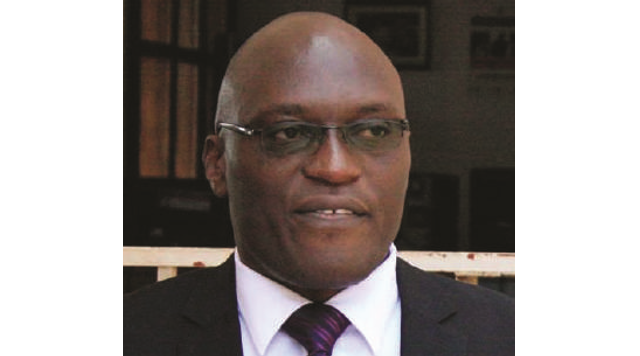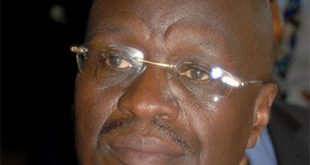
‘Misplaced priorities’
Aliti who is Assistant Commissioner for Planning says the guiding vision of the Ministry of Health budgeting process is ‘how they achieve universal health coverage”. However, many outsiders say the ministry puts money in areas that are not in dire need but those of interest by the biggest funders of the budget – not necessarily what the people need. For instance, just three diseases (HIV/AIDS, malaria, and tuberculosis) are allocated about 70% of the entire healthcare budget.
Muwanga Kivumbi says even the government’s insistence on constructing more and more health centre is misplaced. He said the money budgeted for that, Shs411.6 billion, would be better spent on ensuring that all existing health facilities operate at full capacity in terms of staffing, equipment, and drugs.
Patrick Ojulong, a Budget Advocacy Officer at Action Group for Health Human Rights and HIV/AIDS (AGHA-U) says spending decisions by donors and health managers often fail to identify what areas need more focus than the other.
He says more money should be allocated to provision of drugs to NMS. Instead most of the Ministry budget – Ojulong says, is spent at headquarters in Kampala on issues like fueling vehicles, and conducting conferences and workshops. Even the new HIV/AIDS treatment drive, which will involve another 630,000 out of 1.26 million adults getting medication, required more money according to the Director Uganda Network for AIDs Service Organisations, Joshua Wamboga the current Shs100 billion is not enough and the AIDS Trust Fund – the mechanism for mobilising additional domestic funding for HIV/AIDS, is not yet ready. Wamboga is worried about the government putting too much hope on “unpredictable external funding”.Generally, misplacing of priorities could have perhaps informed the adoption of the new planning reform of Programme Budgeting System (PBS) which shifts focus from the Output Based Budgeting. Wamboga anticipates that the planning reform will link spending to specific measurable results and outcomes and give sector managers proper direction on priorities. He foresees budget cuts largely affect delivery of health services in primary health care facilities. If this happens, Wamboga says, it will escalate catastrophic out of pocket expenditures by individuals seeking health care. For Aliti, however, there is a better way of tackling the funding problem without straining both citizens and government – and it’s keeping as many people away from hospital. Aliti says focusing on prevention interventions and services yields better returns on investment for HIV and universal health coverage.
“About 77% of our diseases are preventable, yet we spend so much on medicines and little on prevention,” Aliti says, “We want quick wins and do not think long term”. He says lack of accountability makes tracking use of resources difficult. Ojulong adds this is partly why donors are withdrawing from financing the sector.
“Donors have recognised this too and perhaps it could have informed their new approach of channeling some of the resources through NGOs,” Ojulong says, “The misappropriation of some of the donor funds by government agencies is the main reason for this shift. Look at how Global Fund was previously misused in 2003 and the incessant cases of inefficiencies that continue to bedevil such projects in ministry of health.”
Major projects in Health Sector in FY 2017/18
- Revamping Health Center IVs Upgrading Health Center IIIs in 29 counties without Centre IVs at an estimated cost of Shs5.7 billion per facility.
- Constructing 93 Health Center IIIs in sub-counties that don’t have a government health facility at a cost of Shs247 billion.
- Implement the `Test and Treat’ HIV prevention and control strategy of immediately initiating every individual found positive on treatment.This requires Shs151 billion but the budget for National Medical Stores, the medicines procurement arm of the government, has remained unchanged.
- Recruit critical specialists at least to 70%.
- Cover wage shortfall of about 34 billion
****
editor@independent.co.ug
 The Independent Uganda: You get the Truth we Pay the Price
The Independent Uganda: You get the Truth we Pay the Price



